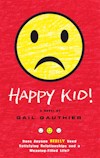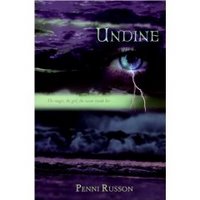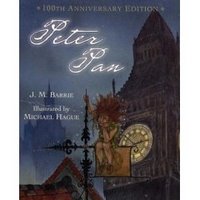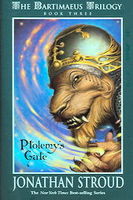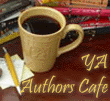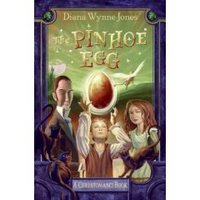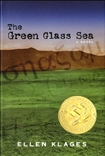
I became very excited reading the first chapter of The Green Glass Sea by Ellen Klages. In 1943, Dewey Kerrigan is on her way to join her father at Los Alamos, New Mexico where, though she doesn't know it, he's helping to develop the atomic bomb. It's a top secret location for a top secret project. None of the children living there actually know what their parents are working on, just that it's part of the war effort.
The period detail in that first chapter was marvelous. I got a definite "You Are There" feeling regarding Dewey's train trip. And while on her journey she meets a historical figure whose name I recognized. He's described. He's named. He seems engaging.
Okay, I found Dewey, herself, a little flat but maybe she was just a bit depressed. Her grandmother had just had a stroke and she was being "shipped" west. I thought I could get used to this young girl geek with her interest in and gift for gadgets.
Well, the period detail remains rich and well done throughout The Green Glass Sea. But there didn't seem to me to be much of a story here to go along with it. Dewey is an odd duck who enjoys being among the great scientific minds who have gathered at her new home. That's great. But instead of developing that, a conflict is set up with another girl who also has trouble with the in-kids in town. The set-up takes a long time. The girls don't actually start butting heads until halfway through the book, and their problems are resolved with a minimum of fuss and bother.
There's not much of a plot. Things happen without much causal relationship--it's more a list of events. People are really upset when Roosevelt dies, which I'm sure is historically accurate. But since he never appeared in the story prior to the announcement of his death--we never so much as see people listening to a fireside chat--it's hard to feel their pain. Another death is totally meaningless. There's no reason why it had to happen, and it really doesn't change day-to-day events.
And that historical figure from the first chapter? He's only mentioned in passing two more times in the story. Quite a bit of time and energy was put into him early on, only to have him virtually disappear.
But the setting for The Green Glass Sea is still marvelous. Klages creates a lost world where children could be left alone all day and into the evening while their parents worked to save democracy. Moms could puff away on Chesterfields as if lung cancer hadn't been invented. (Which I guess you could say it hadn't.) Twenty cents could buy a kid a Coke and a candy bar, and nobody worried about the caffeine and calories she was consuming. "The slice of life" aspect of the book is very good.
The Green Glass Sea has won the Scott O'Dell Award for Historical Fiction. The book also began as a short story at Strange Horizons. (Don't read it until after you've read the book.)
I think it's only fair to mention, by the way, that I appear to be alone in my objections to Green Glass's plot. The book has been very well reviewed both in print and at blogs.
